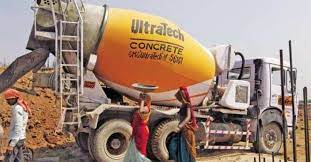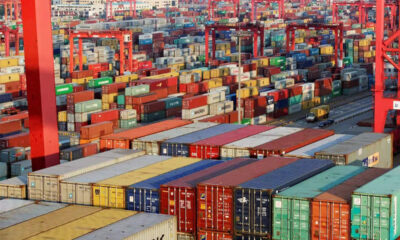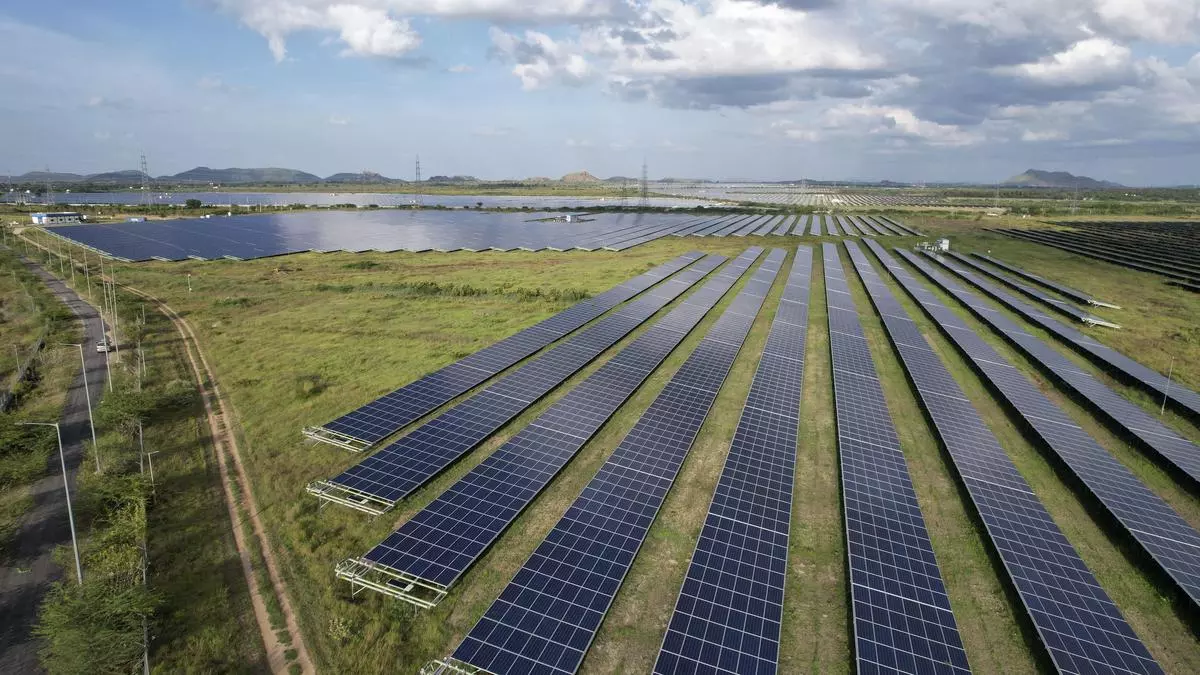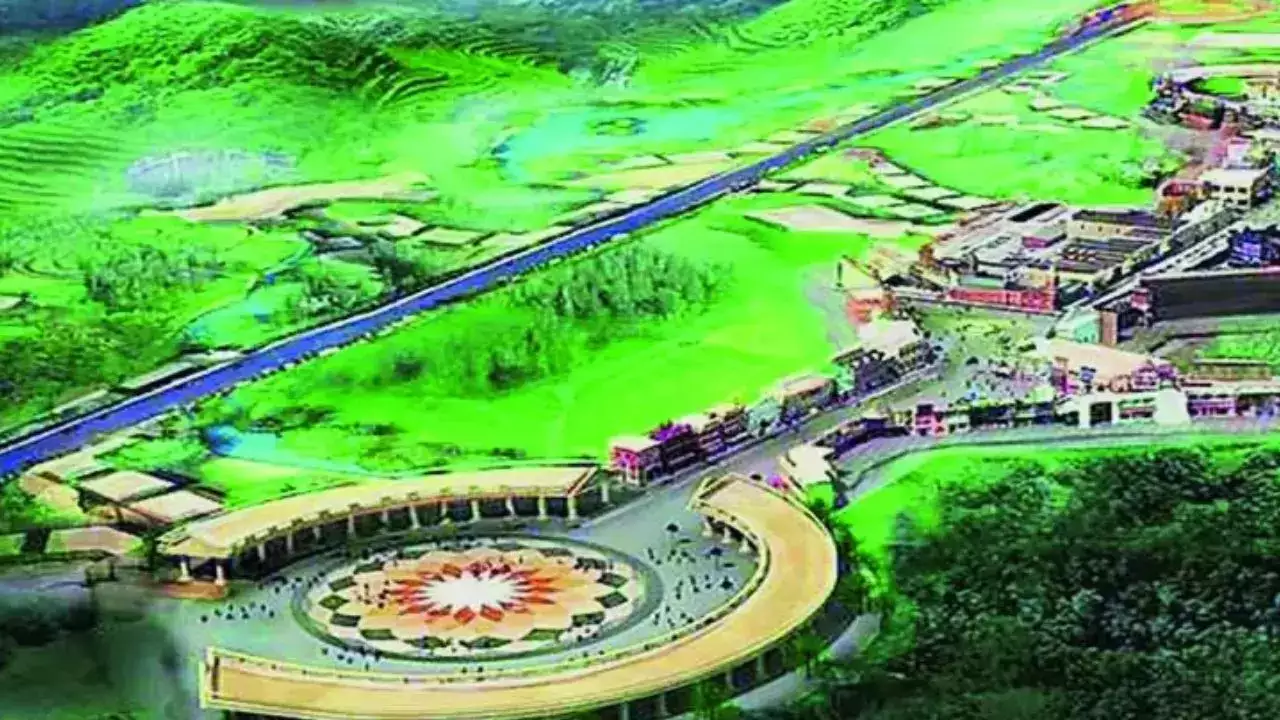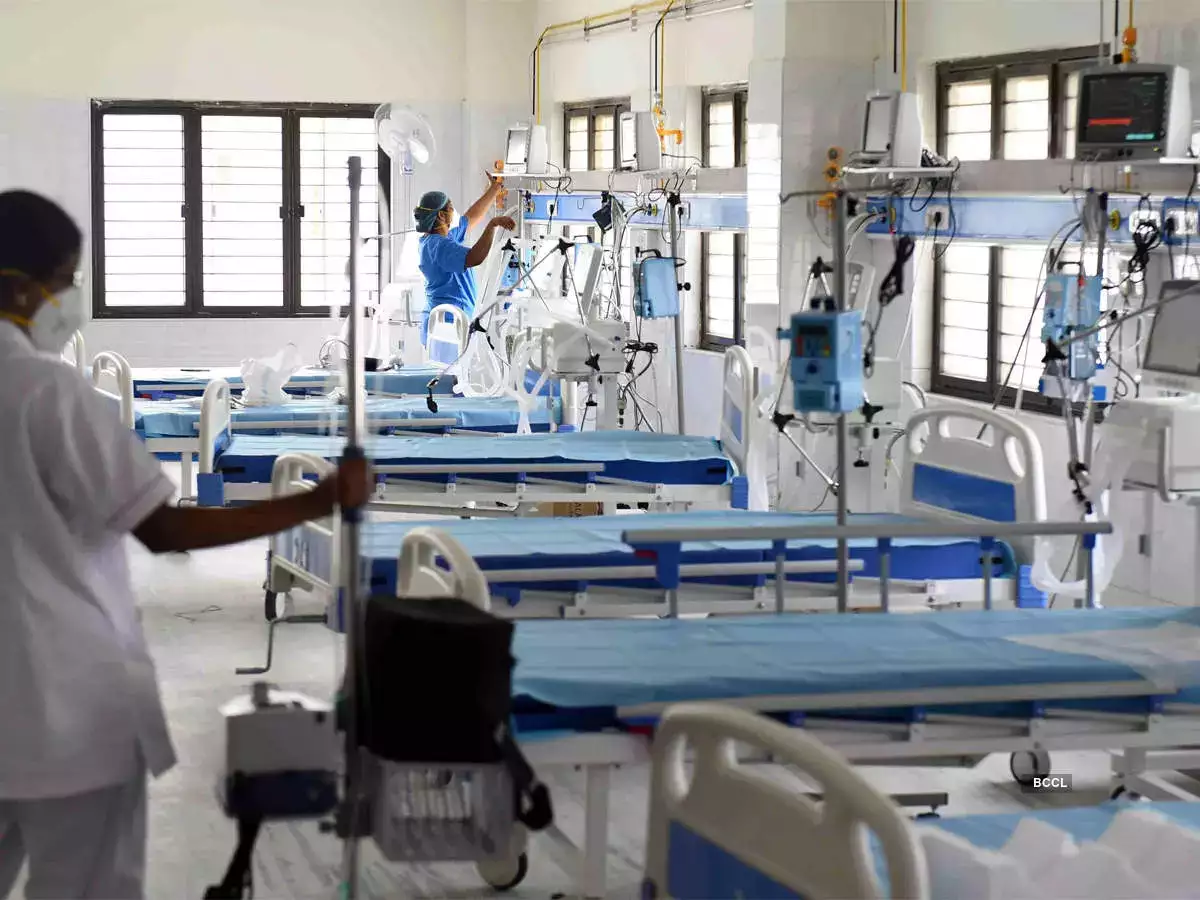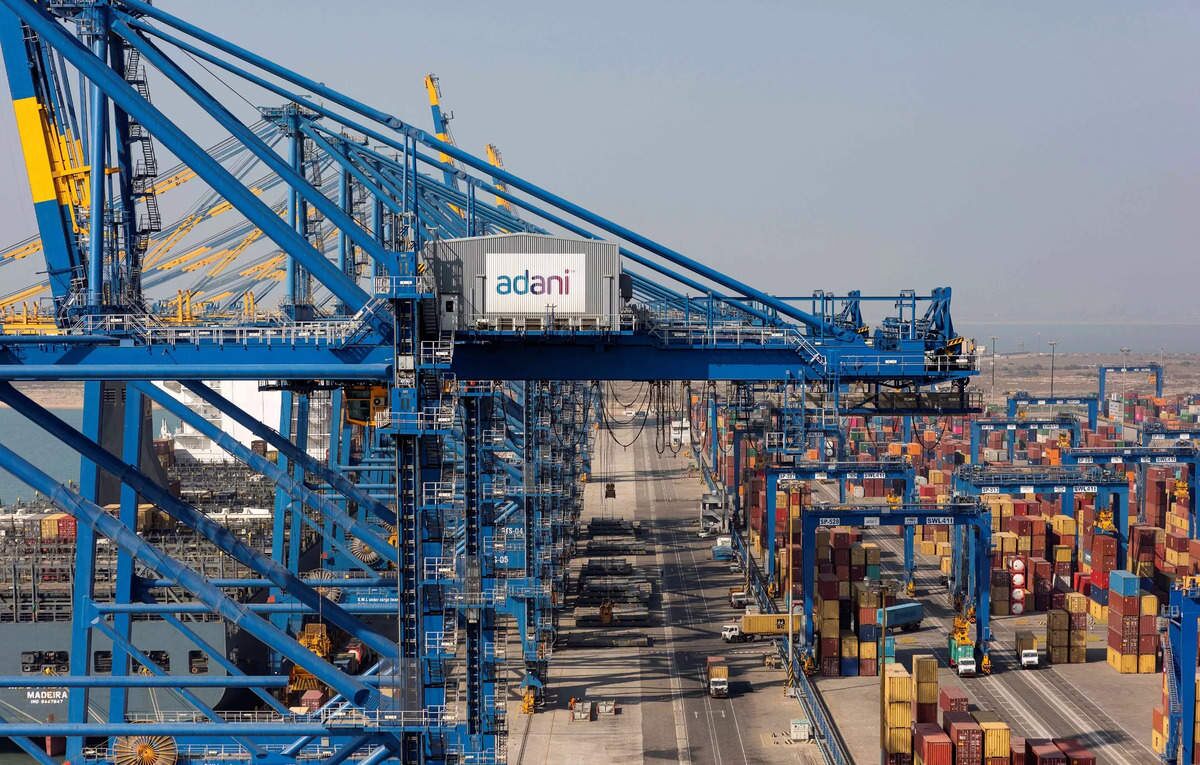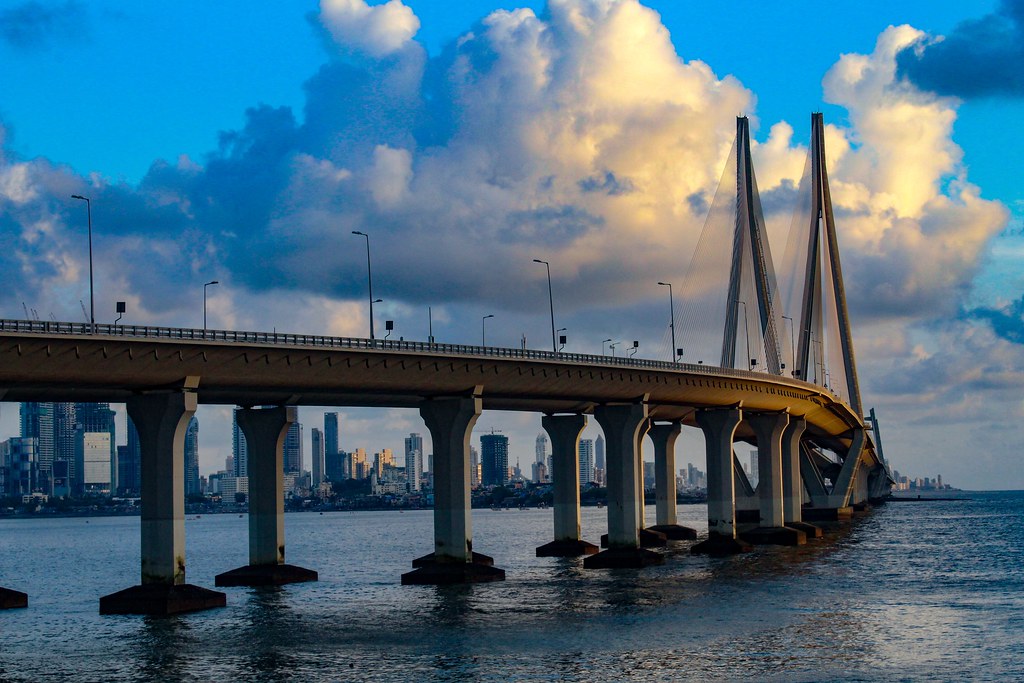Infrastructure Development
Modi 3.0 Unveils Ambitious Railway Investment Plan of Rs 10-12 Lakh Crore
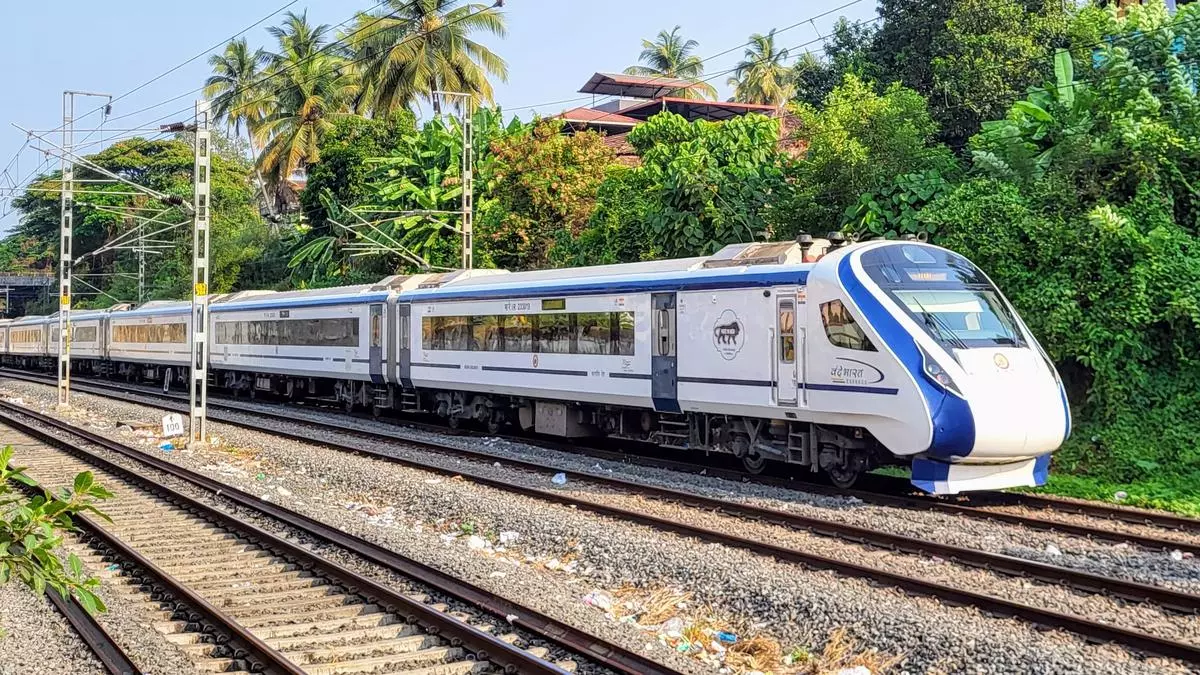
The Daily Guardian is now on Telegram. Click here to join our channel (@thedailyguardian) and stay updated with the latest headlines.
For the latest news Download The Daily Guardian App.
Economic
Gujarat and Karnataka lead clean energy transition: IEEFA Report
Infrastructure Development
UP Govt likely to lay foundation stone of film city project after LS polls
Healthcare
India’s Healthcare Sector Shines on World Health Day with 12.59% Growth in 2024-2025
Business
APSEZ handled 420 MMT cargo globally, domestic ports +408 MMT in FY24
Infrastructure Development
Mumbai’s Bandra-Worli sea link toll rates to increase by 18% from April 1
Business News
Assam to become major player in global semiconductor industry, says Ratan Tata
-

 Opinion2 years ago
Opinion2 years agoPakistan-China nexus trying to sow doubts in Indian society about governance systems
-

 Fashion7 years ago
Fashion7 years agoThese ’90s fashion trends are making a comeback in 2017
-

 Entertainment7 years ago
Entertainment7 years agoThe old and New Edition cast comes together to perform
-

 Entertainment7 years ago
Entertainment7 years agoThe final 6 ‘Game of Thrones’ episodes might feel like a full season
-

 Opinion2 years ago
Opinion2 years agoEnvironment day with a missing spring and lost souls
-

 Business News2 years ago
Business News2 years agoIndia Becomes World’s 5th Biggest Economy
-

 Policy&Politics2 years ago
Policy&Politics2 years agoA successful SME must understand his 5 wives
-

 Business News2 years ago
Business News2 years ago‘75K STARTUPS DEFINE THE POWER OF INNOVATION’





